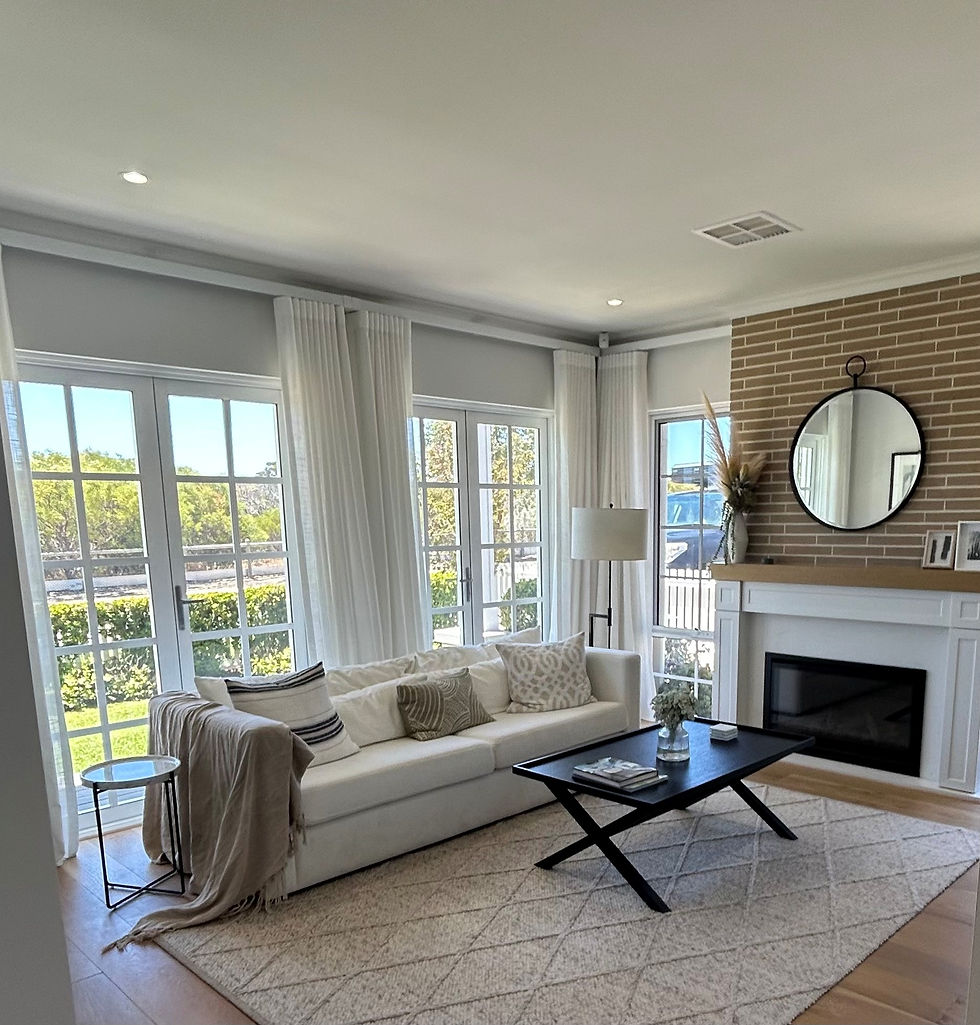The 10 factors know one wants you to know

The builder you choose can significantly impact the success of your project, its cost, timeline, and long-term satisfaction. With confusing inclusion- offerings and value propositions, it is no wonder Perth has many confused buyers. Understanding the Perth building: We have put together ten crucial factors you might not have considered making a difference when choosing a builder.
1. Quality of Work
Good Builder: Delivers high-quality construction with attention to detail, adherence to standards, and proper techniques. The work is durable, safe, and visually appealing.
Poor Builder: Often uses substandard materials, rushes through tasks, and lacks proper skills or experience, leading to poor craftsmanship, structural issues, or unsafe conditions.
2. Communication
Good Builder: Communicates, listens to your needs, and provides updates regularly. They’re transparent about challenges, timelines, and costs.
Poor Builder: Lacks clear communication, avoids answering questions, and may fail to inform you of changes or issues, leaving you in the dark.
3. Budget Management
Good Builder: Provides accurate and detailed quotes, respects your budget, and minimizes unexpected costs with thorough planning.
Poor Builder: May underestimate costs, overcharge for services, or hit you with hidden expenses due to poor planning or dishonesty.
4. Timeliness
Good Builder: Adheres to the agreed-upon schedule and proactively manages any delays to minimize disruptions.
Poor Builder: Frequently misses deadlines, leaves projects incomplete, or takes much longer than promised, causing frustration.
5. Professionalism
Good Builder: Is licensed, insured, and adheres to industry standards and regulations. They are respectful and dependable.
Poor Builder: May lack proper credentials, behave unprofessionally, or cut corners to save costs, which can lead to legal or safety issues.
6. Problem-Solving
Good Builder: Anticipates potential challenges and resolves issues efficiently while keeping you informed.
Poor Builder: Often struggles to handle unexpected problems, leading to delays, additional costs, or poorly executed solutions.
7. Reputation
Good Builder: Has positive reviews, testimonials, and referrals from past clients. They often have a strong track record of completed projects.
Poor Builder: May have poor or inconsistent reviews, unresolved complaints, or no verifiable history of successful work.
8. Long-Term Impact
Good Builder: Provides work that stands the test of time, requiring minimal maintenance or repairs.
Poor Builder: Likely delivers work that deteriorates quickly, requiring costly fixes or even complete reconstruction.
9. Sales Process
· Good Builder: Takes the time to understand your needs and provides information to help you make the right decisions for you
· Poor Builder: Focuses on inclusions, special offers and fear tactics.
10. Advice
Good Builders: Has expertise and looks for ways to add value for the client by recommending ways to improve the finished product.
Poor Builder: Has limited knowledge and fails to offer expert advice to enhance the building experience.
Finding a good builder offers peace of mind, higher value for money, and a successful project outcome. Investing time researching and choosing a reputable builder can save you from stress, financial loss, and future complications.
At Piran Property Group, we use our 20 years of industry experience to ensure customers have an excellent building experience.


Comentarios